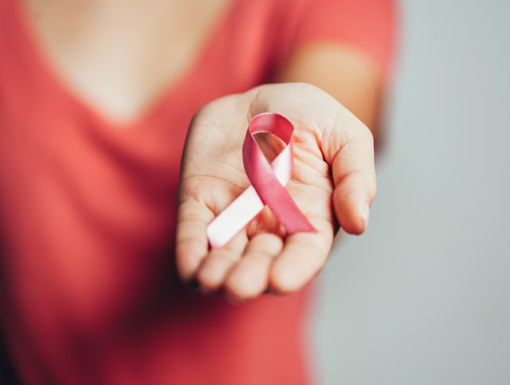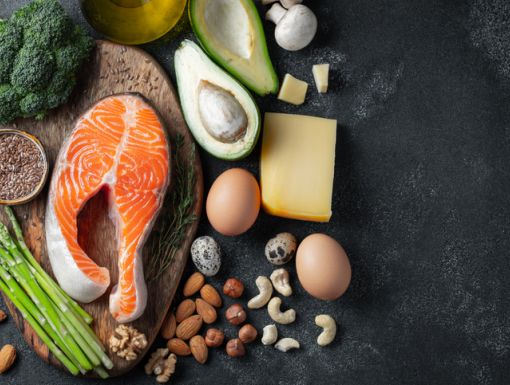
Healthy Choices to Help Prevent Breast Cancer
One in every eight women will be diagnosed with breast cancer at some point in her life. It's a disconcerting statistic, especially considering there are so many risk factors that are completely out of our control, like age, genes, gender and family history. But we can shift the odds more in our favor with key lifestyle modifications, including these top strategies to help reduce our risk of breast cancer.
Alcohol: Limit or Omit It
There's no way to sugar-coat it: Alcohol is linked to an increased risk of breast cancer, and the more you drink, the higher your risk. Alcohol raises estrogen levels (one of the risk factors for breast cancer), and byproducts of alcohol metabolism can alter DNA in ways that can lead to cancer.
Women who have three drinks per week have a 15% higher risk of breast cancer compared to women who don't drink at all. Experts estimate that the risk of breast cancer goes up another 10% for each additional drink women regularly have each day. One drink is defined as 12 ounces of beer, five ounces of wine, or 1.5 ounces of 80-proof liquor. But the type of alcohol doesn't seem to matter — the risk is consistent regardless of the type of alcohol consumed.
Get Moving & Maintain a Healthy Weight
Being sedentary can raise our risk of breast cancer. Not only does exercise help with maintaining a healthy weight, but it also can lower estrogen levels, which in turn can reduce the risk of breast cancer. And workouts don't have to be super-intense. Even five hours of brisk walking each week is linked to a reduction in risk.
Being overweight is directly linked to a greater risk of breast cancer. Gaining more than 20 pounds after age 18 can translate to nearly a 50% increase in the risk of developing postmenopausal breast cancer. On the flip side, losing weight particularly after menopause may help to reduce your risk. One large study found that women who lost just four to 11 pounds had more than a 20% lower risk of breast cancer than women whose weight stayed the same.
Limit Sugars & Refined Carbs as Much as Possible
Women with a high-glycemic diet (think white bread, rice, pasta, sugary sweets and soft drinks) have been shown to have an increased risk of breast cancer. All the more reason to nix the white stuff, not to mention the fact that it can make it easier to shed extra pounds.
Even 'perceived as healthy' foods like maple syrup, raw coconut sugar and honey are considered added sugar. Top medical and wellness organizations recommend that women limit added sugars to not more than about 4-5 teaspoons daily, which is less than two tablespoons per day.
Early detection can save your life. Learn more about lifesaving cancer screenings at Ochsner.org/cancer-screenings
Replace Red Meat for Plant-Based Protein
Exchanging one serving of red meat daily for a serving of plant-based protein (red beans, black beans, etc.) may help to reduce the risk of breast cancer by 19%. Beyond Burger plant-based burgers and ground meat replacer, for example, are made with pea protein vs. beef or soy protein
Drink Green, Black or White Tea Several Times A Day
A regular intake of tea has been shown to reduce the odds of breast cancer by 37%. Green, black and white tea contain cancer-fighting antioxidant-rich polyphenols. The polyphenols only stay in our system for about eight hours, so aim for a cup of tea at each meal, if not more often. Consider switching to decaf tea in the afternoon and evening.
Up Your Produce Intake
A diet rich in vegetables and fruits is linked to a lower risk of cancer, including breast cancer. Opt for bright colors like reds, oranges, yellows and purples in addition to greens to benefit from the full spectrum of nutrients.
Editors note: This article was originally published on October 11, 2016. The information featured appeared on a segment on WGNO New Orleans. Be inspired to live your strongest, healthiest life! Subscribe to Molly's podcast FUELED | wellness + nutrition for the latest trends and research related to your body and mind.



